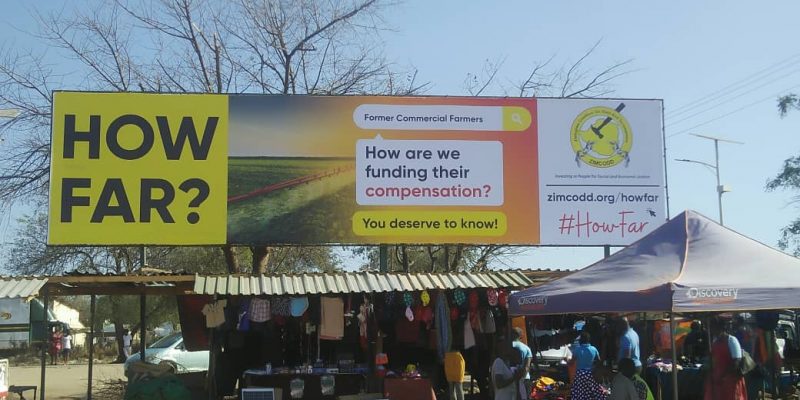Despite the efforts made of leaving no one and no place behind, Zimbabwe still remains among the most unequal societies in the world, Zimbabwe Coalition On Debt and Development (ZIMCODD) Public Resources Management Situational Report September 2022 has reported.
In their 2022 report ZIMCODD also highlighted that Zimbabwe is placed in the top 50 of the most unequal countries worldwide.
“Zimbabwe remains among the most unequal societies in the world with regard to income, gender, socio-economic status and the distribution of key social services. The Commitment to Reducing Inequality Index (CRI) Report produced by OXFAM and others (2020) placed Zimbabwe in the top 50 most unequal countries worldwide.
“Most of these inequalities can be attributed to the unequal distribution of public resources which systematically disadvantages certain groups of the society, and particularly the marginalised and vulnerable groups.
“Previous PRM Situational Reports have highlighted and raised concern about the substantial disparities in allocation of resources between districts and provinces. In spite of the efforts and rhetoric by the ruling government, to reduce inequalities by such mantras as “leaving no one and no place behind”, disparities with regards to public resource distribution have persisted resulting in continuous violation of social and economic rights and deepening poverty.”
Citizens in Action Southern Africa (CIASA) in January 2022 also highlighted factors that contributes to the inequalities
“CIASA being an institution that works for the realization and enjoyment of human rights of all takes stock of how the manifestation of inequalities has affected the delivery of social services in Zimbabwe. In a country where there are huge disparities on distribution of income caused by dysfunctional economic system, weak public finance management and relaxed financial regulatory systems has seen the inequality gap increase along with its attendant challenges that have seen people in Zimbabwe who are on the other lower side of the income pole leading lives ridden with lack and depravity.”
CIASA emphasised that Education, Health, Local Government service delivery are some of the social services that are not evenly distributed in Zimbabwe and these inequalities mostly affects Women and Girls, the Disabled, Indigenous groups and Youths.
It further said, “ Illicit financial flows also creates a gap between the elite involved in the extractives and the poor workers and the communities they operate under as they do not benefit anything and this perpetuates the inequalities they face.”
World Population Review also ranks Zimbabwe in the top 50 wealth inequality by country 2022 with 50.3 % Gini coefficient.


Comments